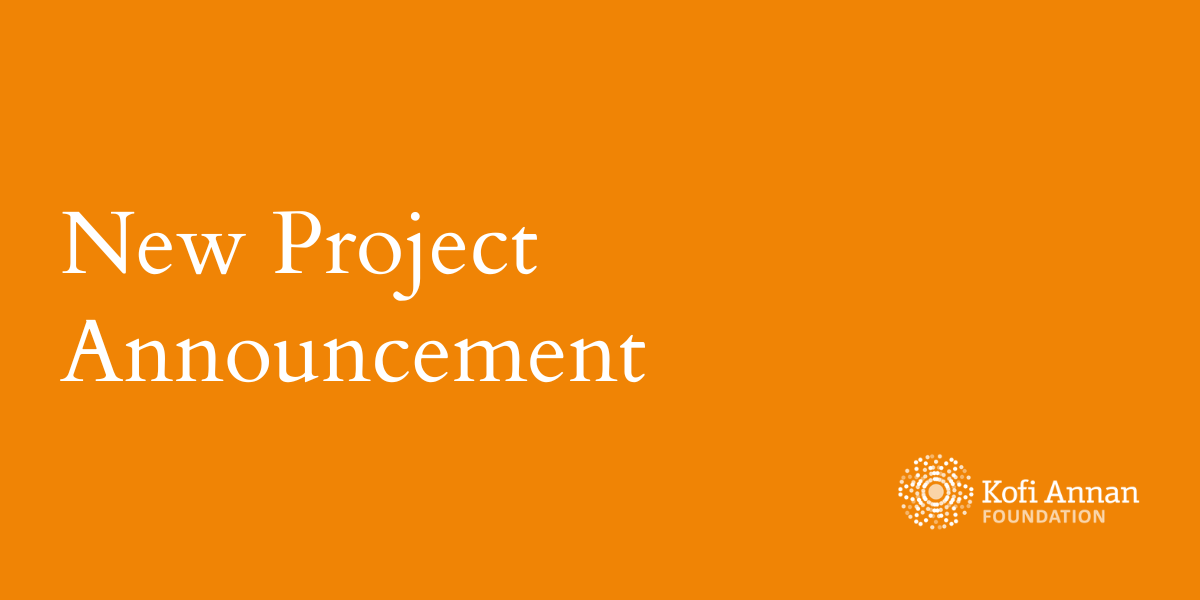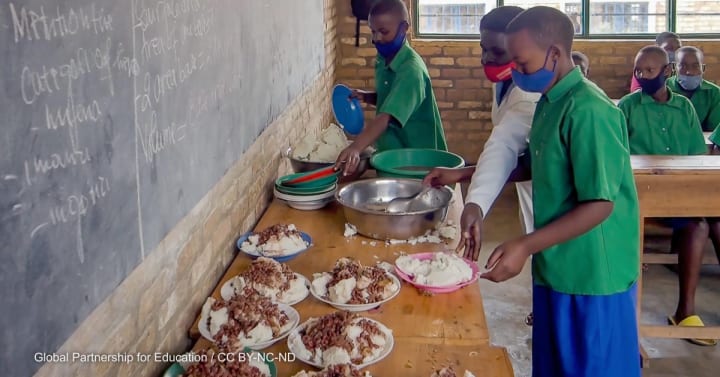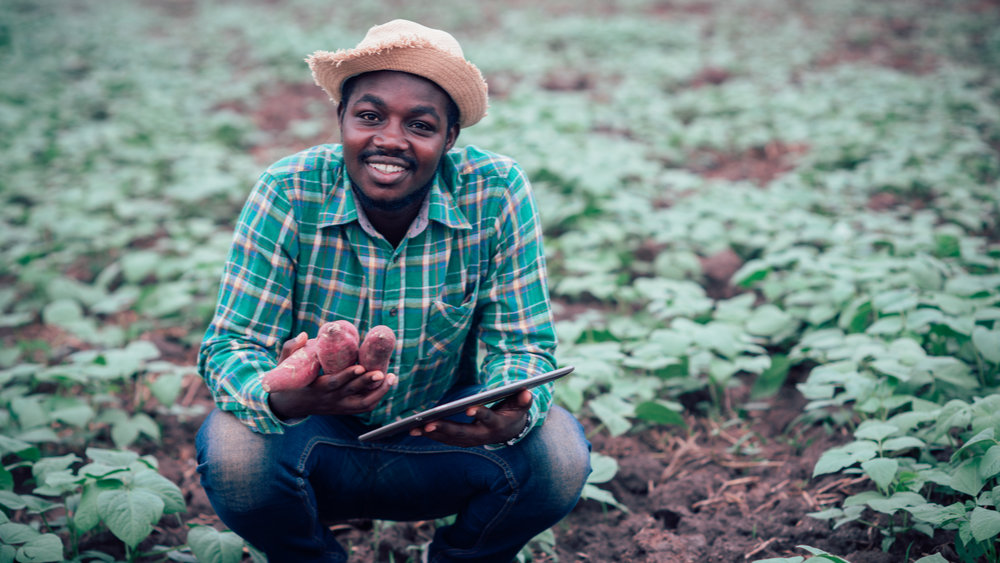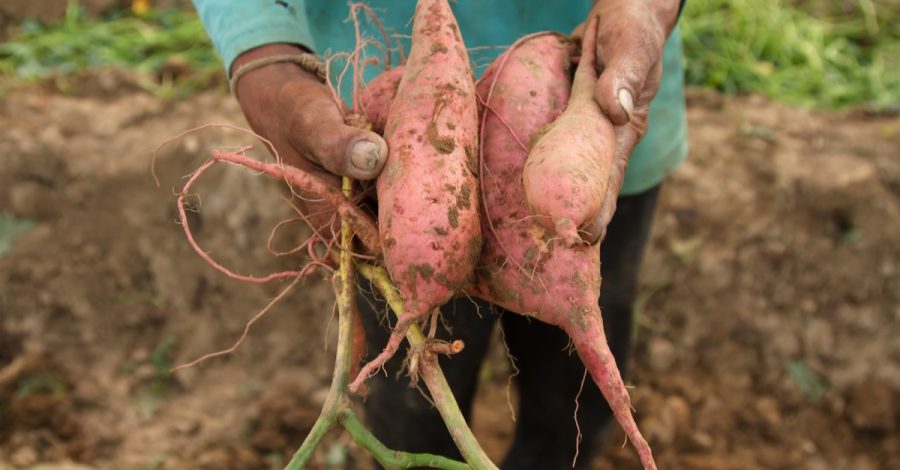The Kofi Annan Foundation at the 2018 African Green Revolution Forum
Agriculture is critical for Africa’s future. This is why some 2,800 delegates from Africa and beyond met at the 2018 African Green Revolution Forum (AGRF) just two weeks ago.
The Forum was held in Kigali, Rwanda, under the leadership of President Paul Kagame, and brought together Heads of State, Ministers, business leaders, development partners, and farmers’ organisations. The impressive turnout underlined that the AGRF has become the venue when it comes to African agriculture.
One of those who was supposed to attend this year, as he had on several occasions in the past, was Kofi Annan, who tragically passed away only a few weeks before the event. He was a committed advocate for a food-secure and prosperous Africa, and much of the progress we see today would not have been possible without his leadership and vision.
Despite the loss of this extraordinary figure, the Kofi Annan Foundation, in line with Mr. Annan’s wishes, continues its work on food security. Our Combatting Hunger programme mobilises high-level leadership to enable smallholder farmers to turn their subsistence farms into profitable businesses. As part of our work, my colleague Tesfai Tecle and I attended the Forum this year to represent the Foundation, meet with our various partners, and take stock of recent developments.
At the AGRF we attended events and meetings on some of the key issues in modern African agriculture. We looked at issues of governance and institutional capacity, where there is a clear need to improve coherence, coordination and implementation of agricultural strategies and programmes to achieve the vision set out in the Comprehensive Africa Agriculture Development Programme (CAADP). Yet, as Dr. Agnes Kalibata, President of the Alliance for a Green Revolution in Africa (AGRA), rightly points out in the Africa Agriculture Status Report 2018, “except for a handful of countries, progress has generally been slow – mainly because many countries, despite the willingness to do what is right, grapple with capacity challenges…”
We also looked at the issue of political will, which Mr. Annan championed for so many years. At an event on the role of state capability, and speaking from his own experience in government, Tony Blair stressed that leadership and a clear vision that spans the whole government are critical when it comes to implementing policy and agricultural programmes. He reminded us that “every single department of government has to buy into the vision put forward by the leader.”
Another panel highlighted the need for accountability. Evaluating actions and learning from compelling new evidence from across Africa can help target resources and measure progress over time, one participant said, referring to Kofi Annan’s recent editorial in Nature Magazine, which focused on how data can help to end malnutrition across Africa. Fortunately, innovative data gathering and measurement tools such as the Nutrition and Agricultural Transformation Scorecards are increasingly supported by African governments.
We also looked at issues such as technology and innovation, finance, mechanisation, and infrastructure development. All are important tools to help farms become profitable businesses. One session focused on intra-African food trade, which is a critical component of agricultural development as it can contribute to economic growth, attract investments, and create jobs. Together with the African Development Bank, the Foundation is studying the food market in Africa in order to propose concrete policy recommendations to help overcome food trade barriers.
Although all of the events I attended at this year’s Forum where informing and engaging, I was particularly stuck by two remarks I heard. The President of Ghana, Nana Akufo-Addo, stressed that Africa must develop processing capacity to add value to its products. He noted rightly that it is absurd that Ghana and Cote d’Ivoire together account for 65% of the world’s cocoa production, but only earn 5% of a market that is worth some $100 billion. This is clearly an area where more progress must be made. At another panel, Dr. Howarth Bouis, Acting CEO of Harvest Plus, made clear that agriculture must provide nutritious foods. This is extremely cost-efficient, as we are currently spending millions every year on vitamin supplements that are not addressing the underlying causes of malnutrition.
Outside of these events, Tesfai and I also took the opportunity to meet with our partners, including the Bill & Melinda Gates Foundation , the Alliance for a Green Revolution in Africa, and the International Potato Center. We had excellent discussions on priorities going forward and explored possible areas of collaboration with new potential partners, including the Clinton Development Initiative.
Having joined this Forum and experienced first-hand the energy and commitment among African leaders, businesses, civil society and farmers, I am confident that Africa will continue on its path to an agricultural transformation. We at the Kofi Annan Foundation look forward to working with valued partners, both new and established, to further Kofi Annan’s vision of a food-secure and prosperous Africa.
Fabian Lange, Project Coordinator



